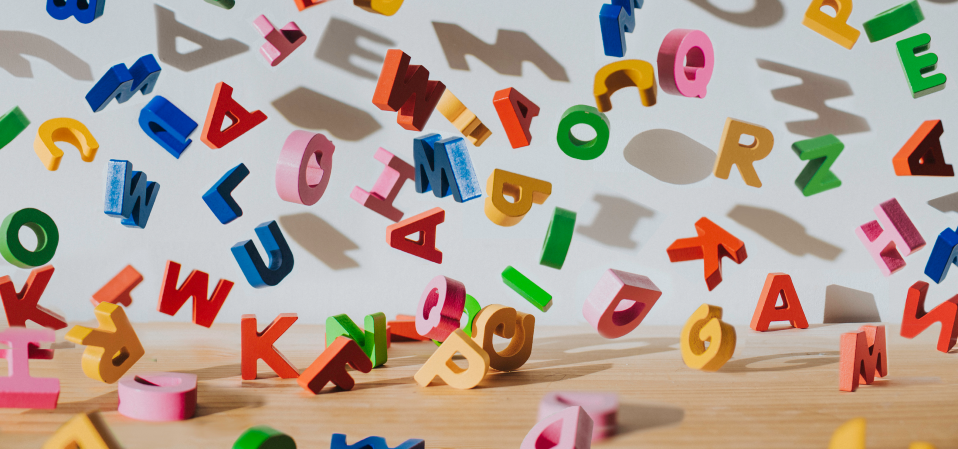Learning language later in life

Professor Enlli Thomas, Associate Pro Vice-Chancellor-Teaching and Learning (Welsh-medium) at Bangor University, talks about how we all use, retain and reenergise our language skills.
Our brains have an amazing capacity for languages. Did you know that the world’s greatest living hyperpolyglot (that’s a person who speaks a colossal amount of languages) speaks 59 languages? And he is not alone…
All over the world, there are millions of multilinguals (people who can speak more than one language). In fact there are more multilinguals than monolinguals (that’s people who speak only one language). Multilinguals regularly converse with people from different cultures and communities in their various languages.
Have you heard it said that unless you learn a language during childhood, you’ll just never learn it? I have, and frankly I don’t believe it!
The brain has an amazing capacity to process new information throughout life. However, the capacity to learn languages may be faster and more automatic at the younger ages, which is why we tend to think of children as better language learners, able to ‘soak up’ information from their surroundings like sponges. It’s not surprising that we think that. How many of us have marvelled at the young child’s knowledge of words we never even thought that they’d heard!
Word learning starts slowly, with infants, at around 8-12 months of age, learning maybe one or two words a day. However, once they have banked around 50-100 words, they often undergo what researchers call a ‘vocabulary spurt’—where they start uttering all kinds of words at a rate of 10-20 new words per week.
“Following the onset of expressive language, the rate of word acquisition is initially rather slow, with children learning only a few new words per month. Toward the end of the second year, children typically display a sudden spurt in vocabulary growth, roughly after their productive lexicons have reached 50-100 words”
By the time they are 3 or 4 years of age, children are able to communicate their fears, desires and needs and manipulate language in order to express their desired meaning, which is a miraculous feat given how complex languages actually are. This has led some to assume that language learning is only possible during childhood. But that doesn’t have to be the case.
Newborn babies have been shown to respond to the sounds of languages differently, depending on the language they were exposed to whilst in the womb, suggesting that language learning happens before birth and is just something that human babies do.
Children are certainly supported by a flexible brain that adapts quite quickly to new information.
But there’s really not much point in comparing how children and adults learn—the way we all learn changes over time in relation to neurological changes within the brain.
All children can learn languages (all else being equal); all adults can too. But what we expect of learners at different ages may differ, and this can often skew our perceptions of our ability to learn. Young children who say ‘I wash teddy car’ are reinforced with positive praise; older children and adults who say something similar are not.
Young pupils may appear to take to languages just like a duck to water. They learn to communicate effectively—and they make it look effortless. But their sentences are short, often ungrammatical, and quite repetitive, and they have limited memory, which reduces the number of words they have.
Language learning might feel like more effort the older you are, and speakers can become more self-conscious around the so-called ‘errors’ they may make. But with age, comes wisdom, larger memory spans, and information processing capabilities. These are skills that are invaluable in the course of language learning.
So however old you are, language learning depends on a variety of things, including your own attitude towards learning and towards language, the opportunity to hear and use language, and what your motivation is for learning.
Maybe you’ve sent your children to a Welsh-medium school. That gives them an early start on their bilingual journey because Welsh is far more than a subject on its own. It’s a living, thriving communicative tool that can be used to express unlimited thoughts. Attending Welsh-medium schooling means being able to live life in Welsh, English and other languages.
Further reading
Moon, C., Lagercrantz, H., & Kuhl, t. K. (2013). “Language experienced in utero affects vowel perception after birth: a two-country study.” Acta pædiatrica, 102, tt. 156-160.
Dapretto, M., & Bjork, E. (2000). “The development of word retrieval abilities in the second year and its relation to early vocabulary growth.” Child Development, 71, 635-648.
